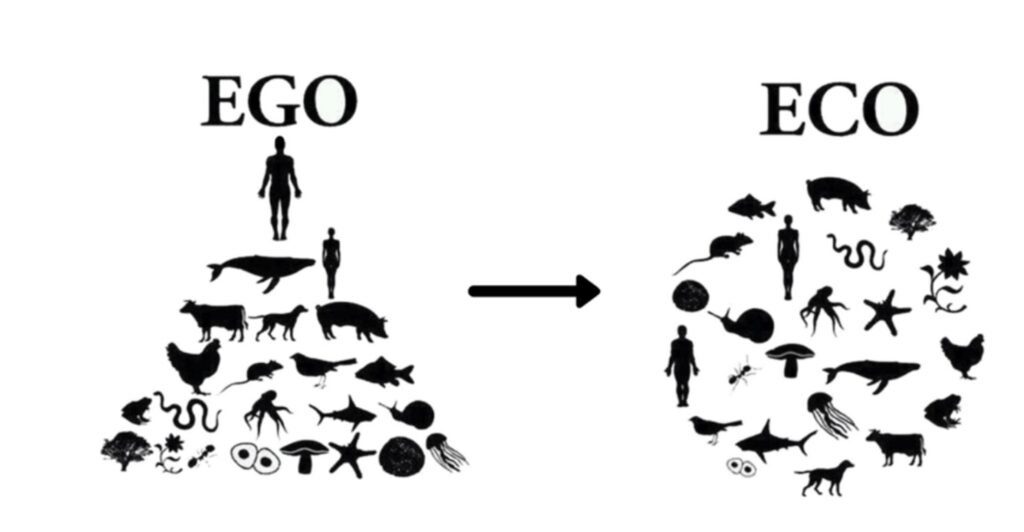
Since I discovered the existence of ecomusicology, I have been a passionate advocate for the study of sound beyond just humans. I have been inspired by many scholars, such as Aaron Allen, Rachel Mundy, Jeff Titon, Ludim Pentrosa, and many more. Since 2023 I also joined the board of the AMS ecocriticism study group and I have been loving meeting so many likeminded scholars.
“From Whale Songs to Soundwalks: A Path Forward Against Music Exceptionalism,” is a short reflection about strategies to move beyond speciest ways of studying music. Luca Gambirasio and I co-wrote it for Ecomusicology Review. Here, we criticize how musicology is rooted in human musical exceptionalism, and suggest strategies to bring forward more ecocentric and inclusive research, while also opening a dialog for many other voices to join.
This article critiques the entrenched ideology of human exceptionalism in music by examining how ideological boundaries establish and reinforce hierarchies between humans and non-human animals, as well as the environment. Drawing on a range of interdisciplinary studies, we aim to further challenge the anthropocentric foundation of ethno/musicology, which historically positions music as exclusively human. This definition, rooted in a Eurocentric and colonialist cultural framework, marginalizes the role that non-human musicality has within human musicking, and reinforces hierarchical distinctions between humans and non-humans. We ask, can the focus of eco/ethno/musicological work move beyond genre, instrumentation, and sonic production, while entirely focusing on the impact that human and non-human musicking has in counteracting the environmental crises? Through case studies such as soundwalks and concerts in natural parks, and the transformation of human-whale connections stemming from the discovery of humpback whale songs in the mid 1960s, we highlight the ecological and cultural interconnections fostered by sonic exchanges beyond humans. In fact, our aim is to share examples that illustrate how music and sound-based activities promote environmental awareness and challenge dominant anthropocentric ideologies of human exceptionalism. Ultimately, this article challenges music exceptionalism and calls for a change in music studies, increasingly moving towards ecocentric approaches where music is understood as part of a broader network of relationships that transcend human centered narratives.
Explore my other research projects…



